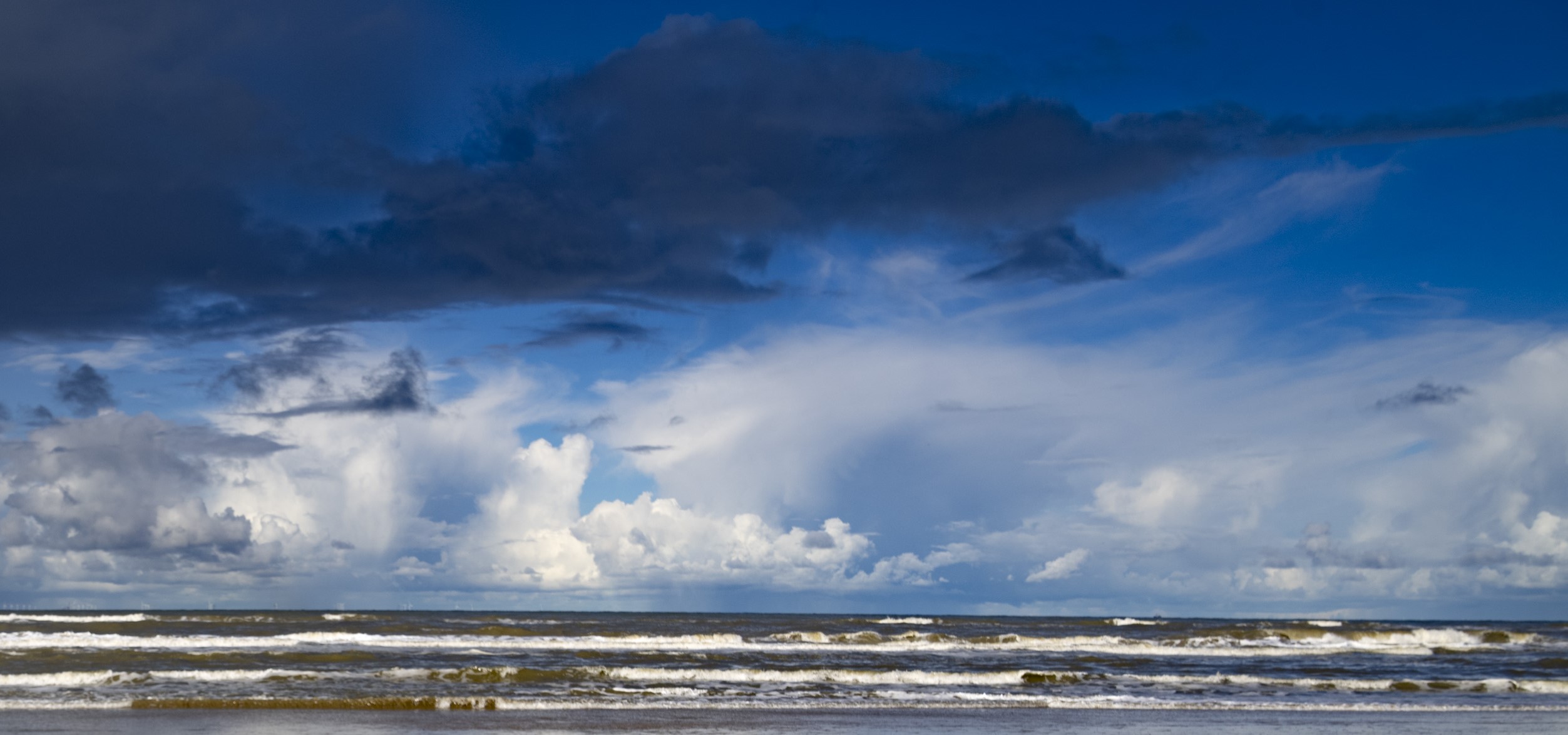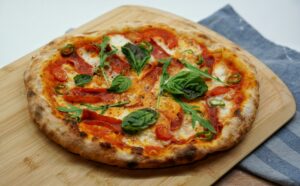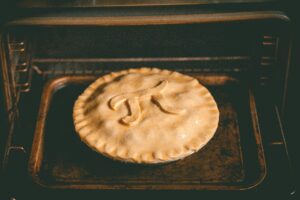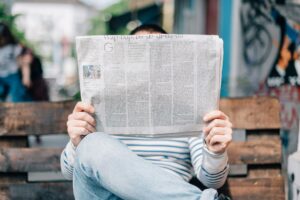Beste Ionica,
Mijn vrouw en ik hebben geregeld onvruchtbare discussies over het water geven van de planten. Zij vindt dat ik te vaak en te veel geef en ik vind dat zij niet vaak genoeg en te weinig geeft. Hoe lossen we dit op?
Met vriendelijke groet,
Daan Samkalden
Beste Daan Samkalden,
Een eerste, wiskundig verantwoorde, oplossing is om te middelen. Stel dat u, om het even cijfermatig te maken, de planten acht keer per maand 200 milliliter water wilt geven, terwijl uw vrouw meer voelt voor vier keer per maand 100 milliliter. Dan zou u een middenweg kunnen kiezen door voortaan zes keer per maand 150 milliliter te water geven. Alleen vermoed ik dat u dan stiekem af en toe een glaasje water extra in de planten zult gieten en dat uw vrouw heimelijk een keer overslaat als het haar beurt is om de planten water te geven. En dan krijgt u nóg meer onvruchtbare discussies en met een beetje pech gaan uw planten ook nog eens dood. Kortom: zo’n compromis maakt waarschijnlijk ongelukkig.

Een andere, ook al wiskundig verantwoorde, oplossing is om willekeur slim in te zetten. U gooit elke maand een muntje op. Bij kop geeft u die maand planten water volgens uw schema en bij munt bepaalt uw vrouw een maand wanneer en hoeveel water de planten krijgen. Op de lange termijn komt u daarmee gemiddeld uit op een middenweg tussen uw losse voorkeuren. Maar is dat het beste voor u? En misschien wel belangrijker: is dit het beste voor uw planten?
Ik vrees dat deze wiskundige oplossingen allebei niet de juiste zijn. Journalist Jonathan Foster vat mooi samen wat de taak is van journalisten: ‘Als één iemand zegt dat het regent en de ander zegt dat het droog is, dan is het niet jouw taak om hen allebei te citeren. Het is jouw taak om uit het fokking raam te kijken en uit te zoeken wat waar is.’
De juiste vraag lijkt me hier dan ook: hoeveel water hebben die planten van u eigenlijk nodig? Dit zal per plant verschillen. Van de plantbiologen in mijn gebouw leerde ik dat minder vaak water geven goed kan zijn voor de wortelontwikkeling en dat te natte aarde risico geeft op wortelrot. Hun advies is om even te voelen aan de aarde, als die op een paar centimeter diepte niet meer vochtig is, dan heeft de plant wat water nodig. Zelf heb ik overigens watergevende potten met een reservoir waaruit de plant altijd precies genoeg water kan nemen.
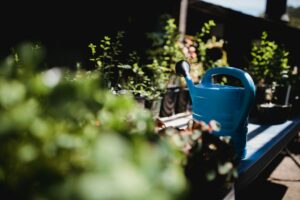
Uw dilemma is in het klein wat er in de formatiegesprekken in het groot gebeurt. Elke partij heeft eigen ideeën over wat goed is. De ene partij wil bijvoorbeeld graag de grondwet waarborgen, de andere partij wil, nu ja, andere dingen. Wat moet je dan doen om eruit te komen? Een compromis zoeken waarbij iedereen even ongelukkig is? Of elke partij om de beurt een paar punten volledig gunnen en zien wat ervan komt? Was er maar een manier om te bepalen wat het beste is voor de planten. Kiezers, ik bedoel kiezers.
Deze column verscheen op 15 maart 2024 in de Volkskrant.
Nieuwe adviesvragen zijn van harte welkom. Liefst persoonlijke vragen die op het eerste gezicht he-le-maal niets met wiskunde te maken hebben. U kunt ze insturen via ionica@volkskrant.nl.
Lees hier ook de andere columns van de reeks.
